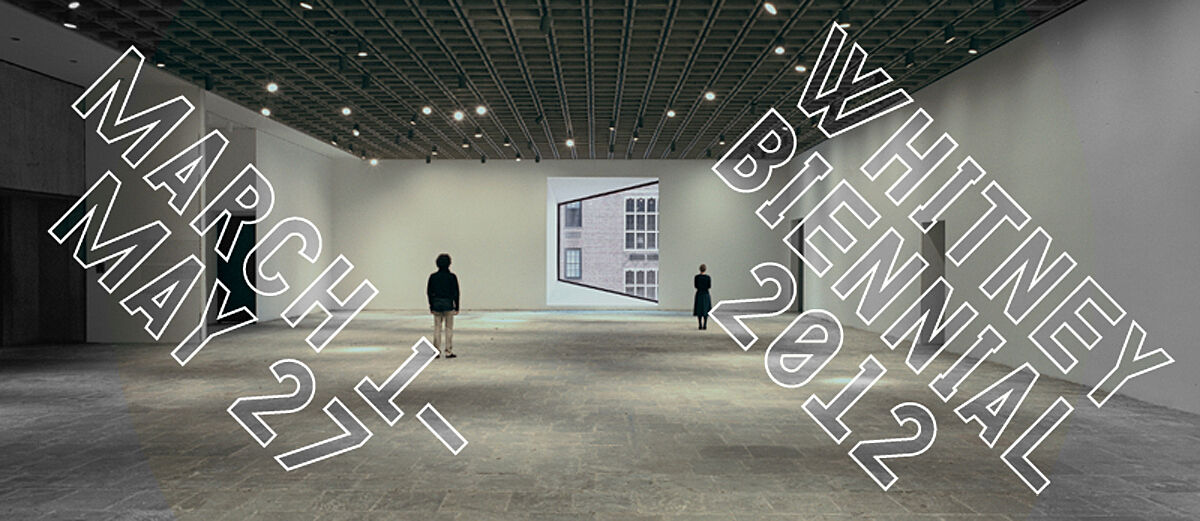Richard Maxwell
Feb 24, 2012
0:00
Richard Maxwell
0:00
Richard Maxwell: I’m reading from a book I’m working on, called Theater for Beginners.
I like actors who are brave, and respond to the world informed and present moment to moment. This sensitivity puts them in league with the painter, responding, yet never completely knowing. He is the gateway to realization. No matter how long a writer has worked on the writing, no matter how great the staging is, the performer has the final say. The painter at least has the object before him to refer to. The actor does not, and is perpetually in danger of being destabilized by subjectivity since he can’t see himself onstage. What is it that propels him forward in the face of adversity? Something like 95% of actors are presently not working. He feels in the end that his desire, his belief, will prevail, his spirit. There are so few opportunities, generally. This is and has to be, finally, OK. I believe the only noble path for the theater actor is finally one of selflessness. Nobility exists inside of who he is, how he listens, how he responds. The rest is utterly elusive.
I had a disagreement with an actor once that ultimately led to us parting ways. At the end of the first rehearsal, she was troubled. After much discussion she asked me, does it ever get beyond zero. I said no. My answer was disingenuous but served its purpose, because she left the project. I said no because not getting beyond zero has to be OK. And my answer is disingenuous because when you stop and think about all that is going on—what she would wear, what she would sing, what she would play, what the others in combination with her would do, what the addition of a whole audience can do, what the room’s architecture will yield, what the temperature will be, what the lights and set would look like, what it could mean—how could it possibly ever be zero? The venture quickly is a dizzying array of limitless possibilities, and we have just begun.
Rehearsing at The Kitchen. The play takes place where security guards work. An anonymous lobby, someplace urban. Thinking it might be important for people to understand what security guards actually do on the job, the cast and I come up with a list of job duties. We make a checklist, and then try to find a routine. We watch each guard go through the routine we’ve made. The first item on the checklist—alarm systems! Alex begins to pantomime checking an imaginary alarm system and then clicks OK on his actual clipboard. That’s when it hits me. Why does it have to be faked? We’re in a room that has an alarm system. We’re also in a room that has HVAC. Why not check that? Where is the alarm system? Near the entrance, in the back of the house. But that’s offstage! So what? That’s where it is. You have a clear directive. What if there isn’t a surveillance camera? I don’t know, but I know you can’t check OK without being able to actually verify if it’s working. So there’s an overlooked reality here in front of you. What is actual and what is imagined both get rooted in the room. If we do not accept other realities the most we can hope for is a kind of convincing realism.

